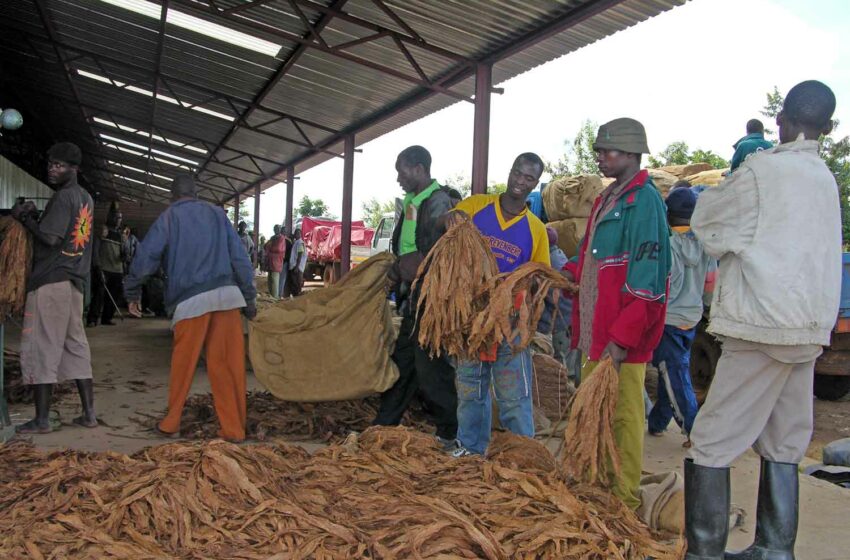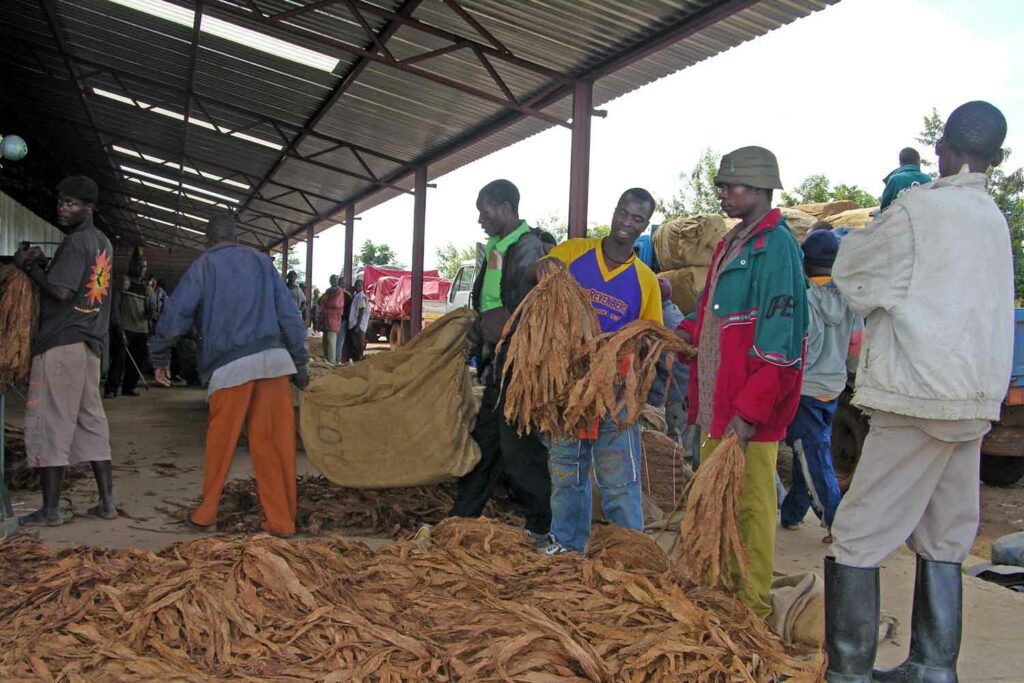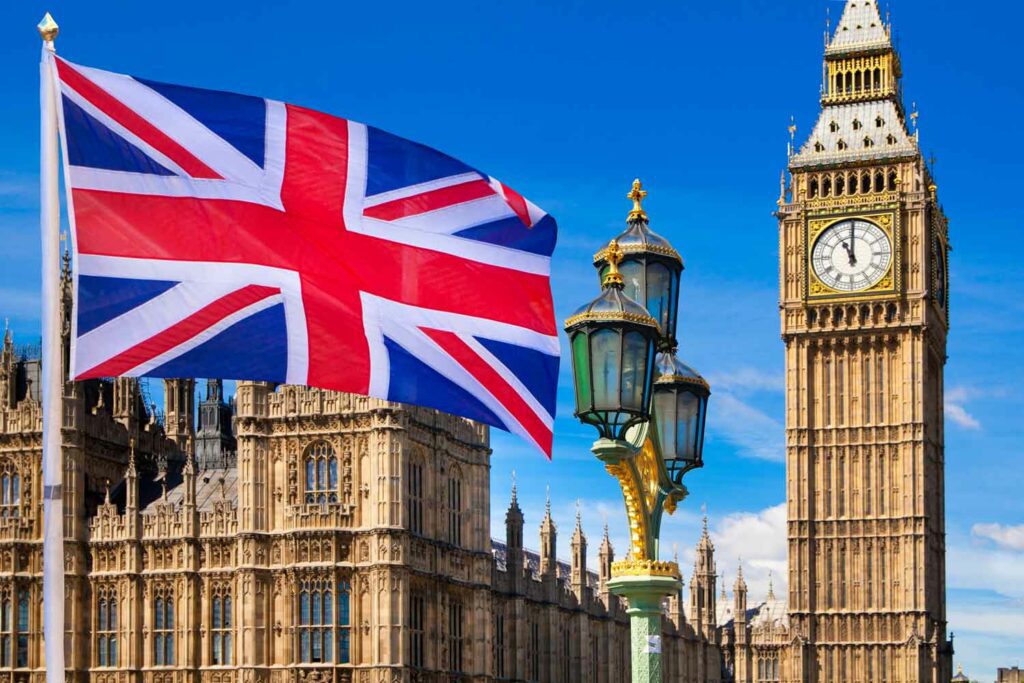
The U.K. government believes that vapes comprise an important tool for helping adults quit tobacco smoking, a position its delegation will put forward during COP10, according to Dame Andrea Leadsom, the parliamentary under-secretary of state for health and social care.
Leadsom was speaking on Jan. 18 at Westminster during a backbench debate organised by MP Andrew Lewer and aimed at uncovering what stance the government would take at COP10, the 10th Conference of the Parties to the World Health Organization’s Framework Convention on Tobacco Control, which is due to be held in Panama on Feb. 5-10.
Lewer, and others who spoke during the debate, were concerned that COP10 might resolve to establish equivalence in the regulation of combustible cigarettes and reduced-risk products, thus undermining the U.K.’s successful strategy of using vapes to help smokers quit their habit. Their concerns had been inflamed because previously they had been unable to wring from the government information about who would go to Panama as part of the U.K.’s delegation and what positions they would take.
Leadsom said the U.K. delegation would be led by the U.K.’s deputy chief medical officer, Jeanelle de Gruchy, but gave only a rough overview of the U.K.’s position. Referring to the discussions that would take place about progress on tobacco control worldwide, she said the U.K. was an outlier on the topic of vapes, and would be putting forward its position that vapes were a very important tool for helping adults to quit. The U.K. government would welcome other parties going further on tobacco control, but it would be monitoring the negotiations to ensure that “nothing becomes mandatory.”
On novel and emerging tobacco products, said Leadsom, different parties took different approaches. Currently, the U.K. was still looking at issues around heated tobacco, so the U.K. delegation would be in listening mode in this respect.
She said the U.K. had no plans to implement further restrictions on advertising and sponsorship, and she said that it would be pressing for no increase to be made in assessed FCTC contributions.
This last point was likely to have been in response to concerns expressed by some during the debate that while the U.K. was a major contributor to the FCTC, it seemed diffident in its approach to tobacco COPs. It was suggested that U.K. taxpayers might end up paying for policies that ran counter to their interests.
This was perhaps something of a concern because the debate never got to grips with the issues of how COP proposals could be blocked by individual parties, and, if they were not blocked, whether they were binding on all parties. The latter issue would not be so worrisome currently because the U.K. government has shown itself to be relaxed in its approach to complying with international agreements and laws, but it might become more of an issue if the current government is replaced in this election year.–George Gay

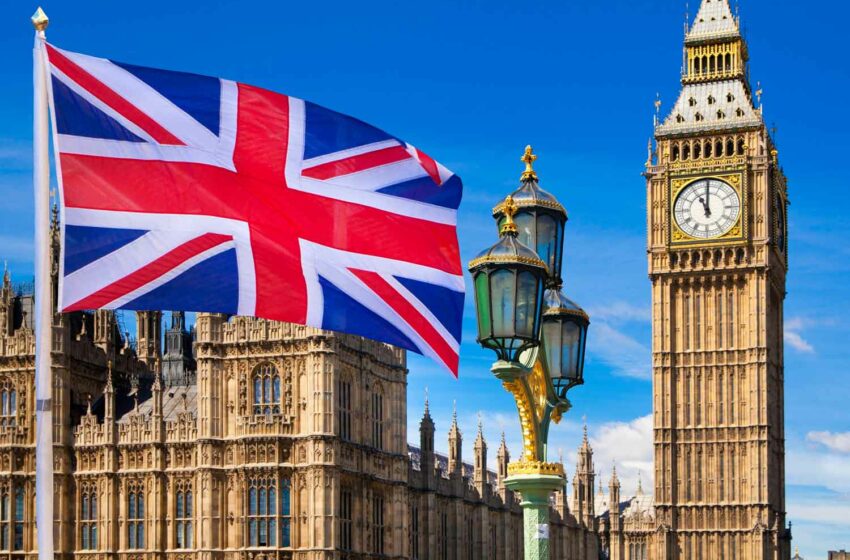
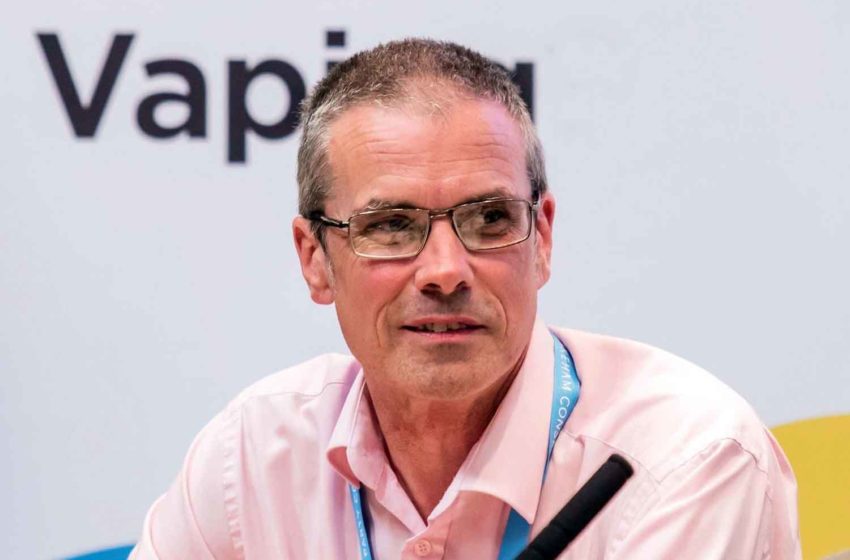
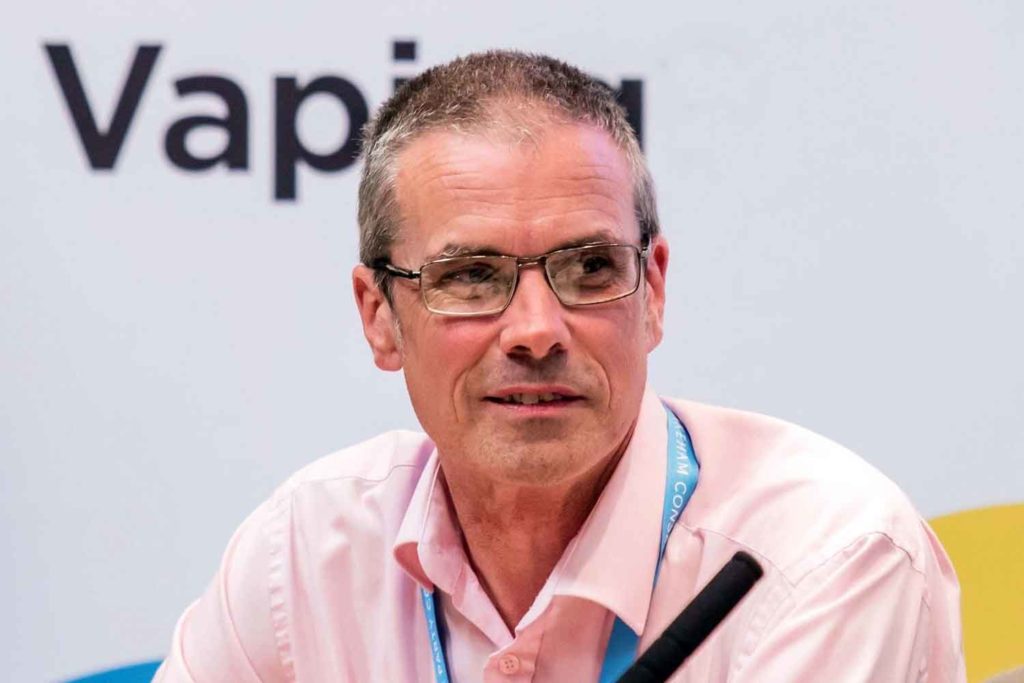
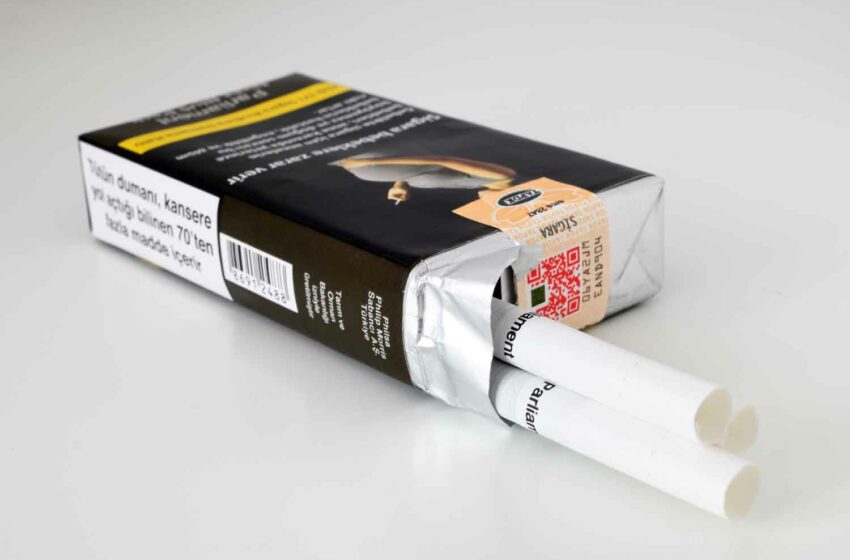
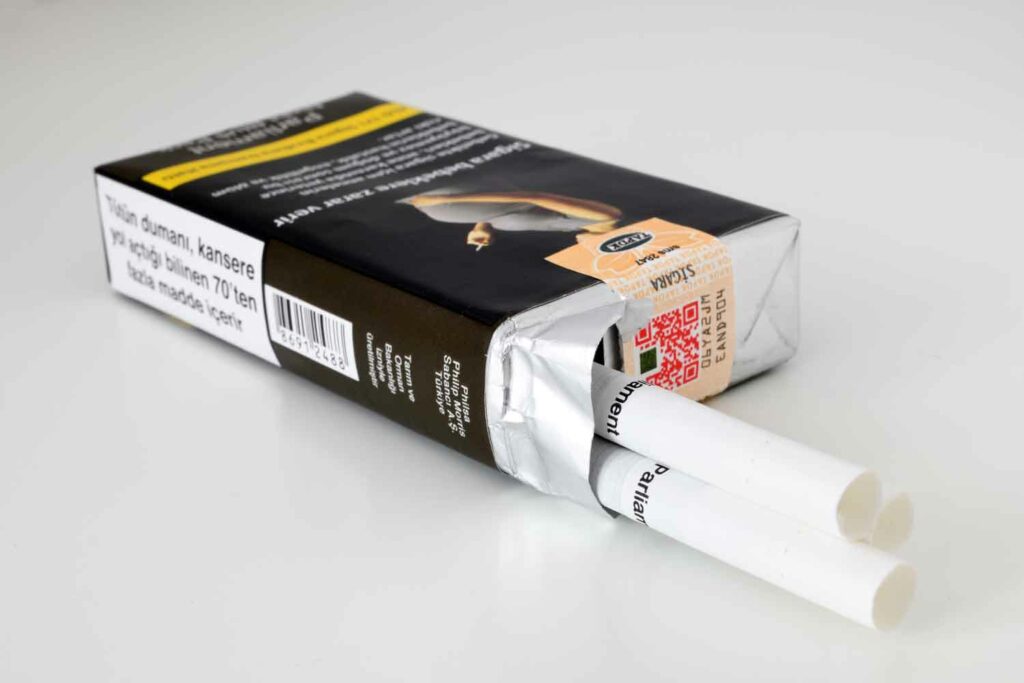
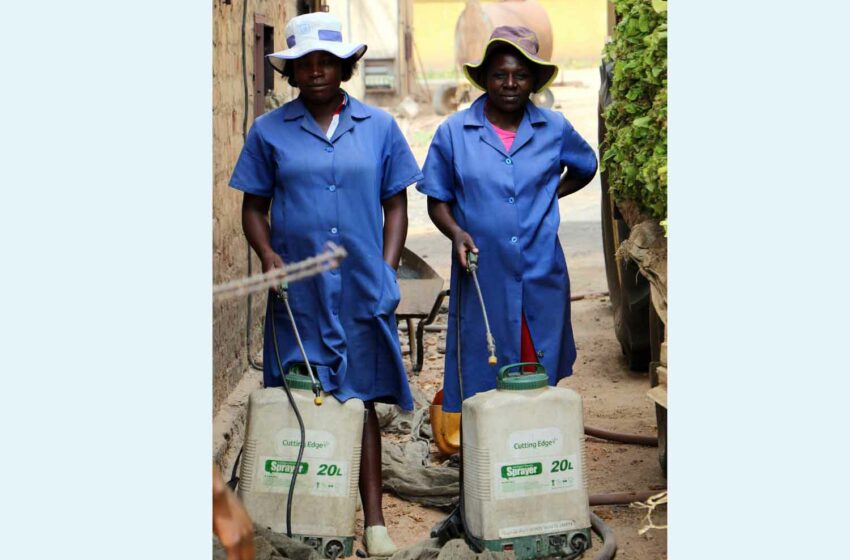
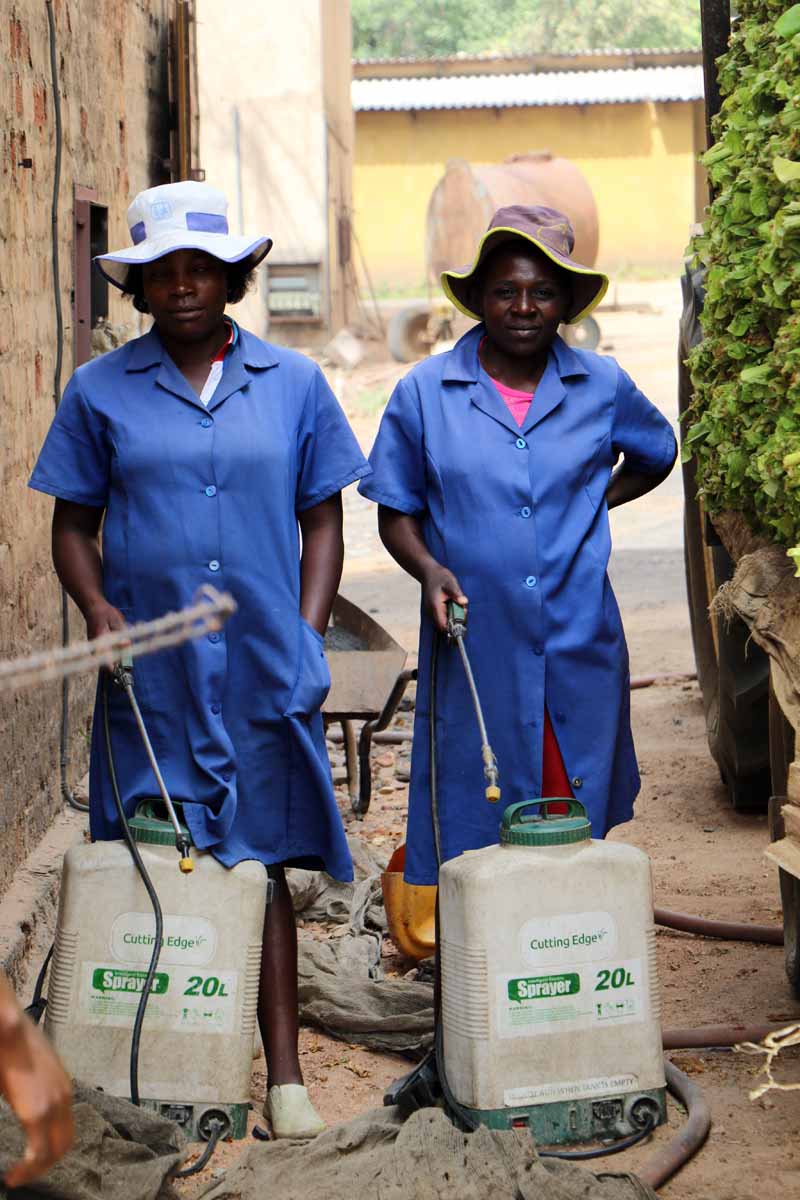
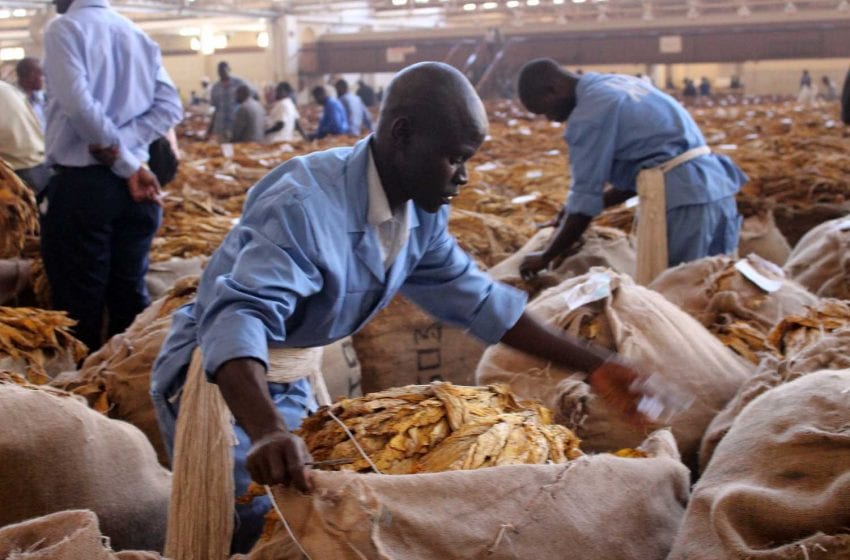
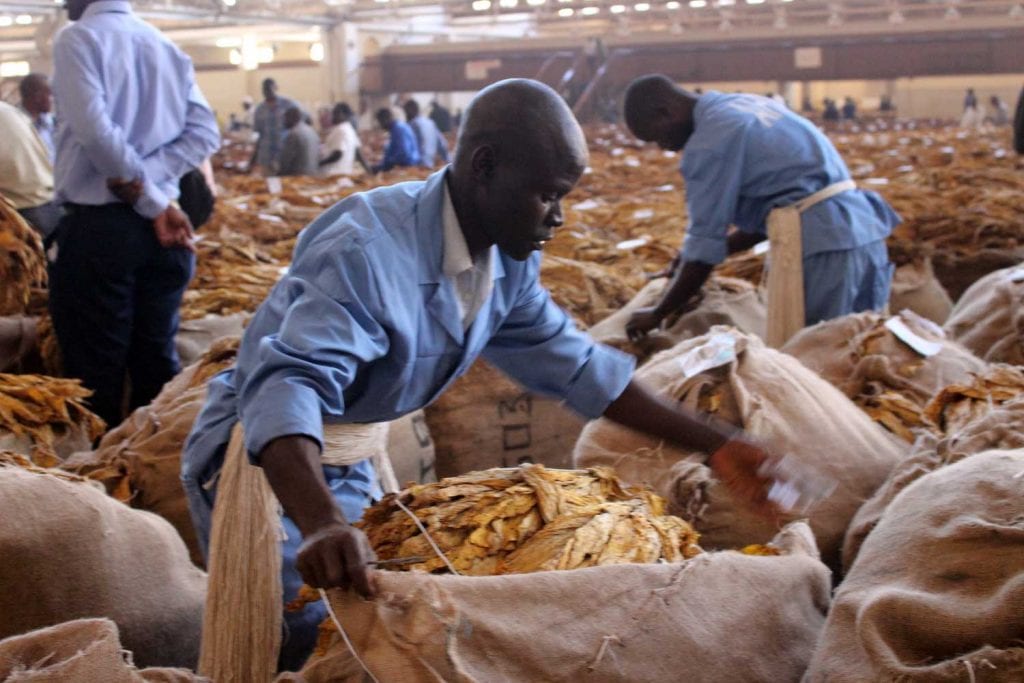




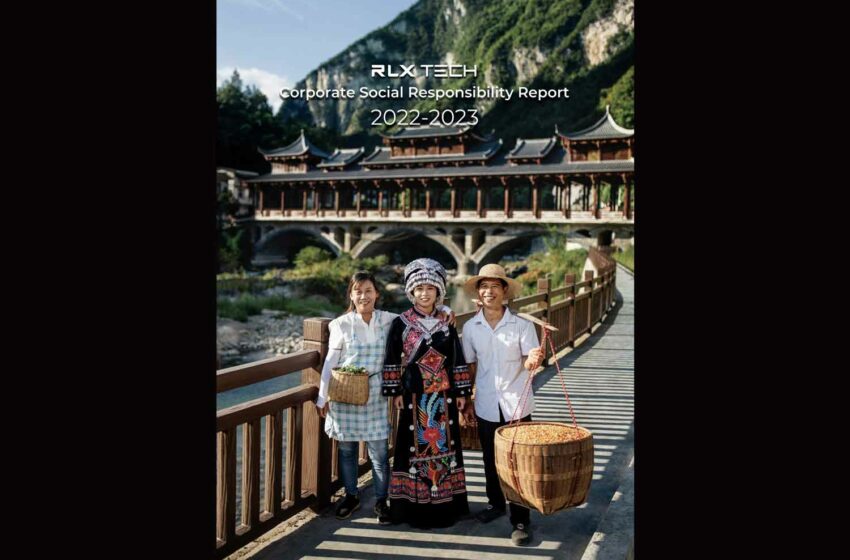
 RLX Technology presented its “
RLX Technology presented its “

